Robert Young: Seaward of Common Sense? SC Needs to Put an End to Building on the Beach
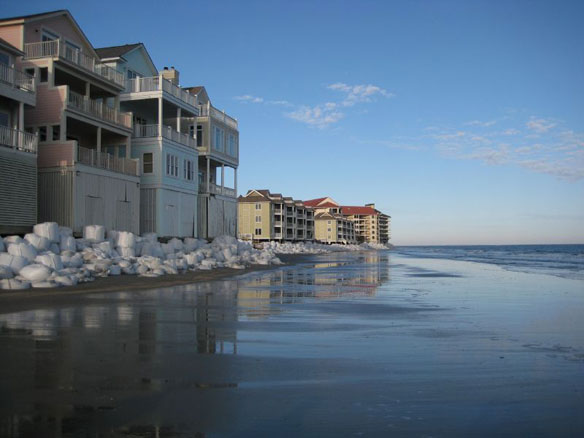
South Carolina’s beautiful beaches are a vital component of this state’s economy. Managing them wisely is critical to the health of the economy and to ensuring that state and local tax dollars are not wasted on futile efforts to protect homes needlessly placed in areas of obvious high hazard.
Finding Floating Forests
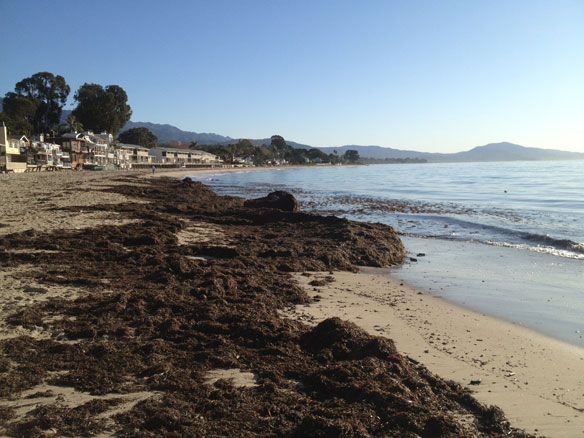
If you have ever walked along the California coast, you’ve likely had to navigate around clumps of seaweed. Before it was thrown up by the surf and left to dry on the beach, that seeming jetsam was part of a majestic underwater forest just offshore.
Why Sand Is Disappearing ; By John R. Gillis
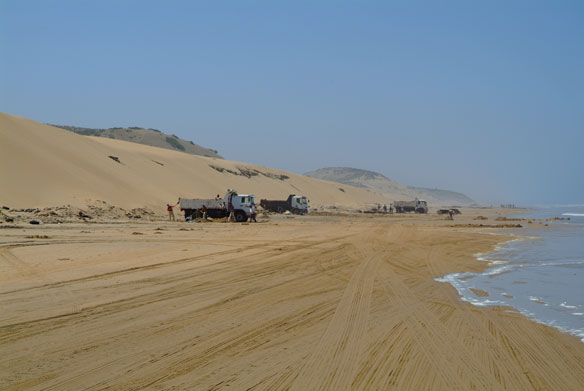
To those of us who visit beaches only in summer, they seem as permanent a part of our natural heritage as the Rocky Mountains and the Great Lakes. But shore dwellers know differently. Beaches are the most transitory of landscapes, and sand beaches the most vulnerable of all.
Stop Confusing Coasts with Shores; By John R. Gillis
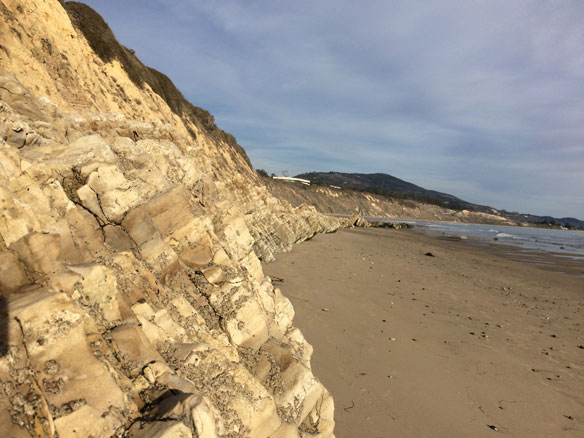
We have gotten into the habit of using the terms coast and shore interchangeably. But there is a difference, and it is not just semantic.
Paradise Lost: Filmmakers Document the Maldives’ Trash Island
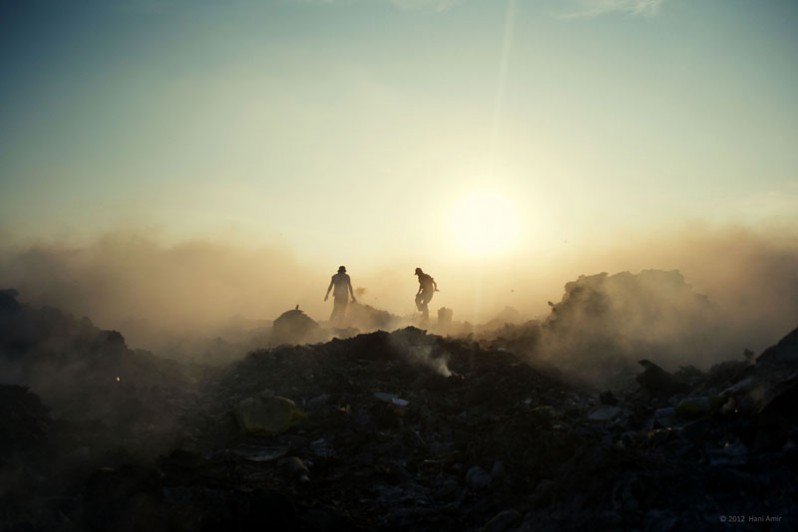
It may be known as a tropical paradise, an archipelago of 1,200 coral islands in the Indian Ocean. But the traditional image of the Maldives hides a dirty secret: the world’s biggest rubbish island: Thilafushi.
“Seawalls Kill Beaches,” Open Letters by Warner Chabot And Rob Young
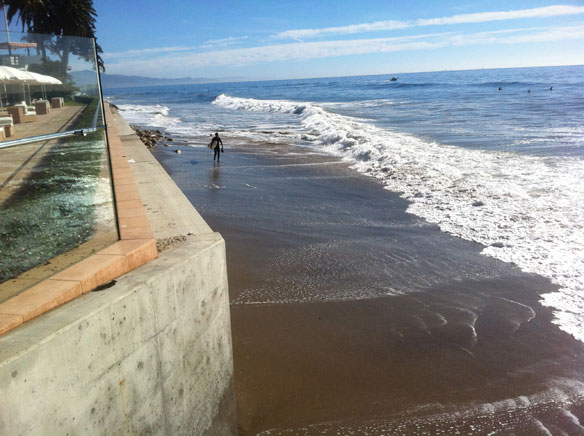
A report and open letter from coastal geologists Warner Chabot and Rob Young, presented to the Ocean Protection Council (OPC) meeting in Sacramento, held on August 26th, 2014.
Do the Right Thing: Institutions Can Responsibly Divest from Fossil Fuels
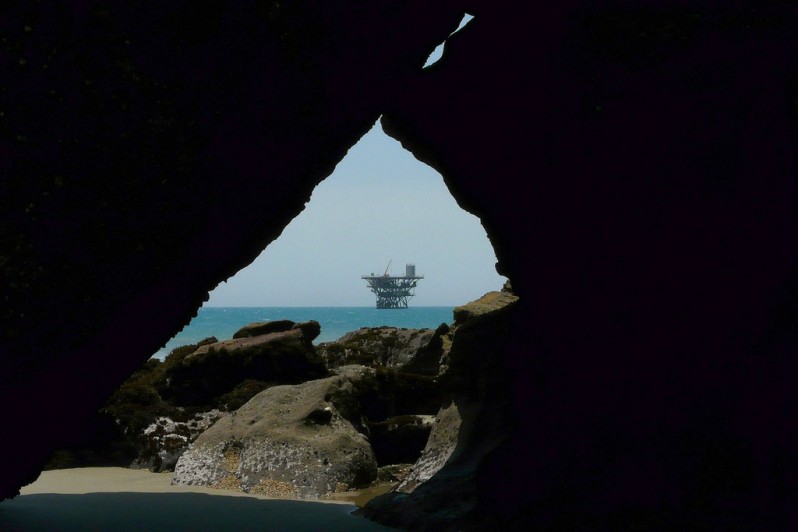
The world is on track to dump 2.5 trillion tons of global warming pollution into the atmosphere by mid-century. Does that sound like an innocuous number? It’s not. It’s terrifying. It’s nearly 3 times what our planet can absorb without disastrous impacts.
Effect Of The Spanish Conquest On Coastal Change In Northwestern Peru
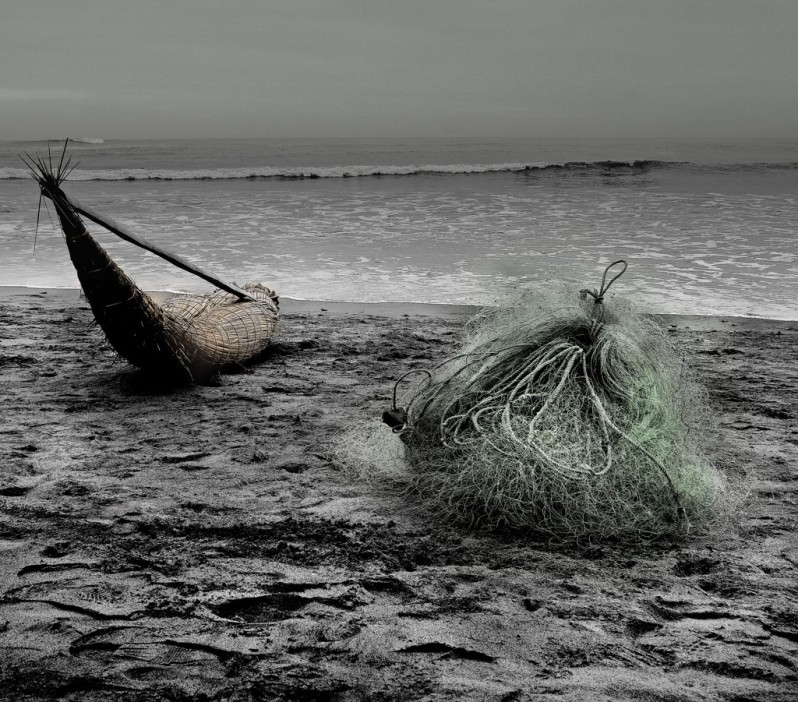
When Francisco Pizarro and his band of Spanish conquistadores landed in northern Peru in A.D. 1532 to begin their conquest of the vast Inca Empire, they initiated profound changes in the culture, language, technology, economics, and demography of western South America. They also altered anthropogenically modulated processes of shoreline change that had functioned for millennia.
Reuters’ Water’s Edge Report – Part I

A Reuters analysis finds that flooding is increasing along much of the nation’s coastline, forcing many communities into costly, controversial struggles with a relentless foe.
